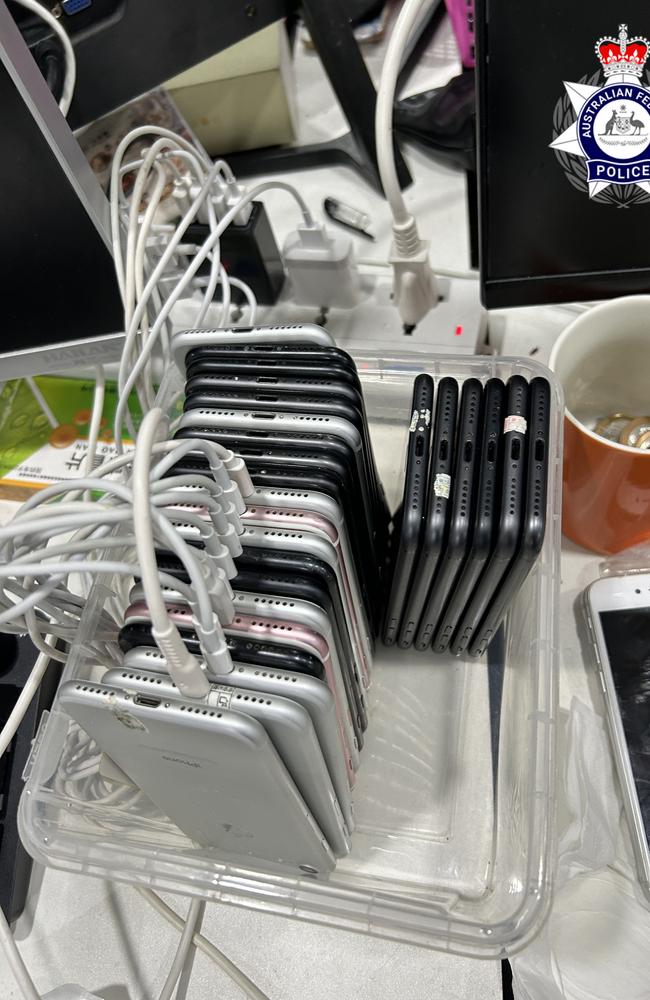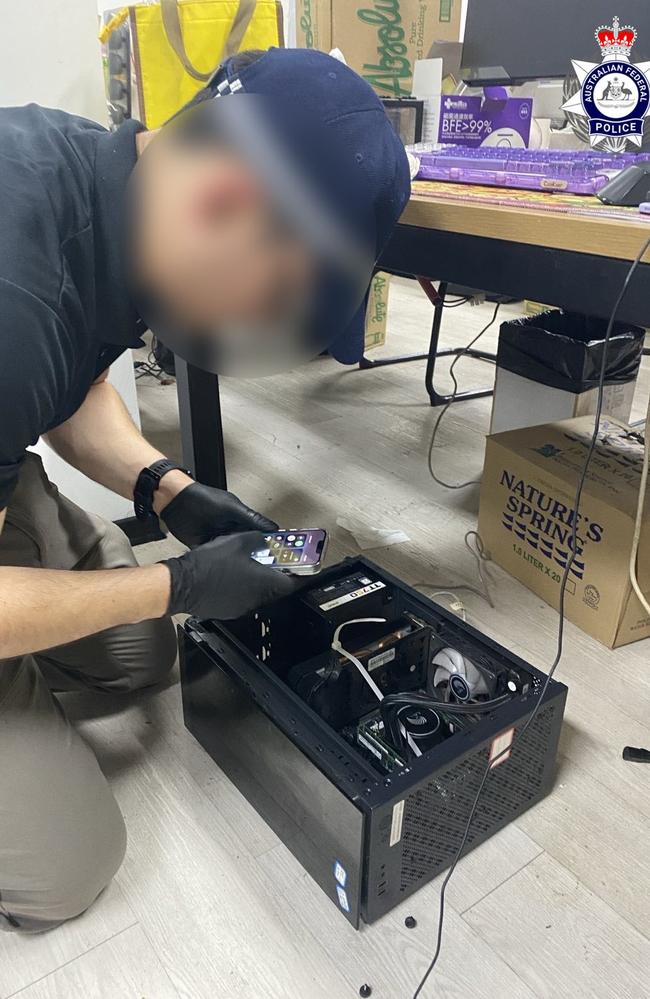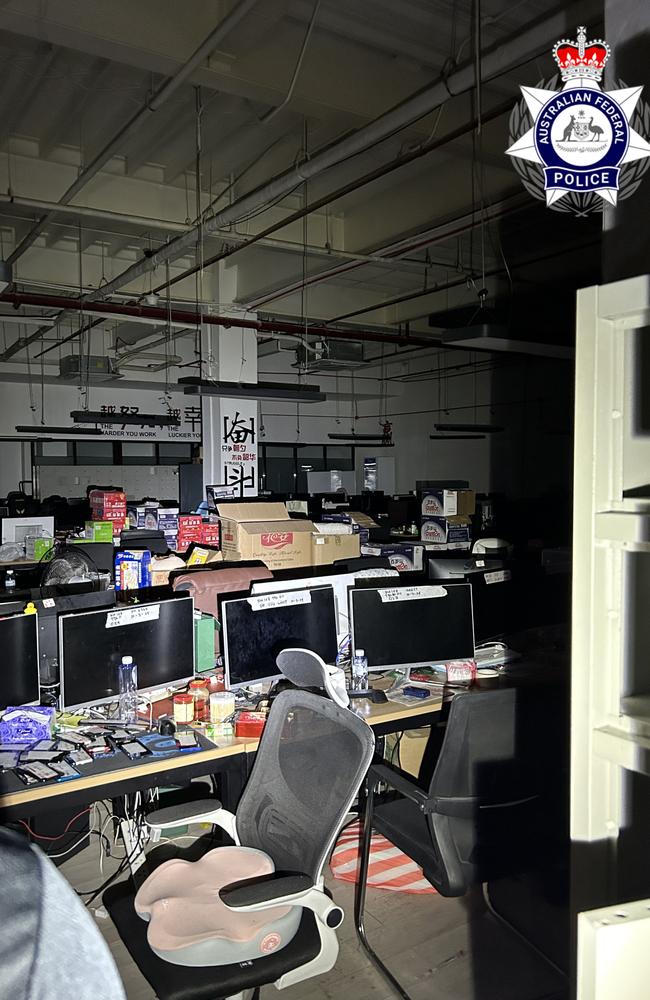Valentine’s Day sparks warning for thousands of Aussies duped in ‘malicious’ dating app scams
Fraudsters posing as Filipino girls living in Australia after a messy break-up targeted a particular demographic of men on dating apps in the lead-up to this Valentine’s Day.

Police & Courts
Don't miss out on the headlines from Police & Courts. Followed categories will be added to My News.
Overseas crypto scammers have fleeced thousands of Aussie dating app users out of huge amounts of cash by posing as broken-hearted girls recently dumped by their money hungry fiances.
Federal authorities have uncovered a “malicious” ruse in which fraudsters posed as a Filipino girl living in Australia after a messy break-up, and tricked victims into handing over hundreds of dollars.
The network of scammers, who operated out of a compound in Manila, followed a script designed to get people to fall for the supposedly devastated woman over a week-long period, telling them her fiance wanted “my money, not my love”.
The scammer then introduced cryptocurrency trading as their side gig before getting people, most commonly men over 35 years old, to invest between $300 and $800 at a time and eventually pressing for larger investments.
The victims in Australia handing over their cash never saw any returns on their investments, with the scammers depositing the cash into their own legitimate crypto platforms without giving the Aussies a cent.
The first days of chatting with a potential victim involved talking about daily tasks and why each user was on dating apps after ending their previous relationships, before the conversation progressed to potential investment opportunities.
“This is the sideline I was telling you that makes my business survive during the pandemic, my brother in law teach (sic) me how to do it right to make money,” the script said.
“If you want to learn about it, then I am willing to teach you.
“You should be a good listener to your teacher, haha kidding.”
Under Operation Firestorm, which investigates crypto and romance scams, the Australian Federal Police estimated that the network targeted more than 5000 Australians on dating apps such as Hinge, Tinder and Bumble, in the lead-up to Valentine’s Day.
Scammers also posed as women living in the Philippines to target local victims.
The AFP’s Joint Policing Cybercrime Coordination Centre and the National Anti-Scam Centre then identified and warned the thousands of victims about the scam via text.
More than 300 computer towers, 1000 mobile phones, and thousands of SIM cards used by the elaborate network were uncovered by Filipino authorities in a raid at the compound in Pasay City in October last year.
More than 250 suspects have been arrested since then.




AFP Cybercrime Operations Commander Graeme Marshall said scammers used emotive language and elaborate backstories to make victims fall for them in scams that had devastating emotional and financial consequences.
“If you are talking to someone you’ve met online, do your research and make sure they are genuine,” he said.
“Look them up on Google, perform a reverse image search on their profile picture, or ask to meet them in-person or via video call.
“More importantly, never send money to people you’ve met online.”
The Australian Competition Consumer Commission (ACCC) estimated that Australians handed over about $23.6m to dating app scammers last year.
While men in their mid 30s and older were the most likely victim of this scam, ScamWatch data shows that Australians over the age of 65 have typically been the prime targets of devastating romance scams.
In one heartbreaking case, the Herald Sun last year revealed that a lonely 62-year-old man from Melbourne’s outer suburbs came dangerously close to facing criminal charges after unwittingly agreeing to help his online companion smuggle meth into Australia from Cambodia.
ACCC Chair Catriona Lowe said lonely people in search of companionship and connection were most at risk of falling for romance scams.
“Romance scammers gain victims’ trust over time and then exploit it, often persuading them to invest large sums of money,” she said.
“We urge people to stay vigilant and verify any investment opportunities via credible sources such as through an Australian registered financial adviser.”





